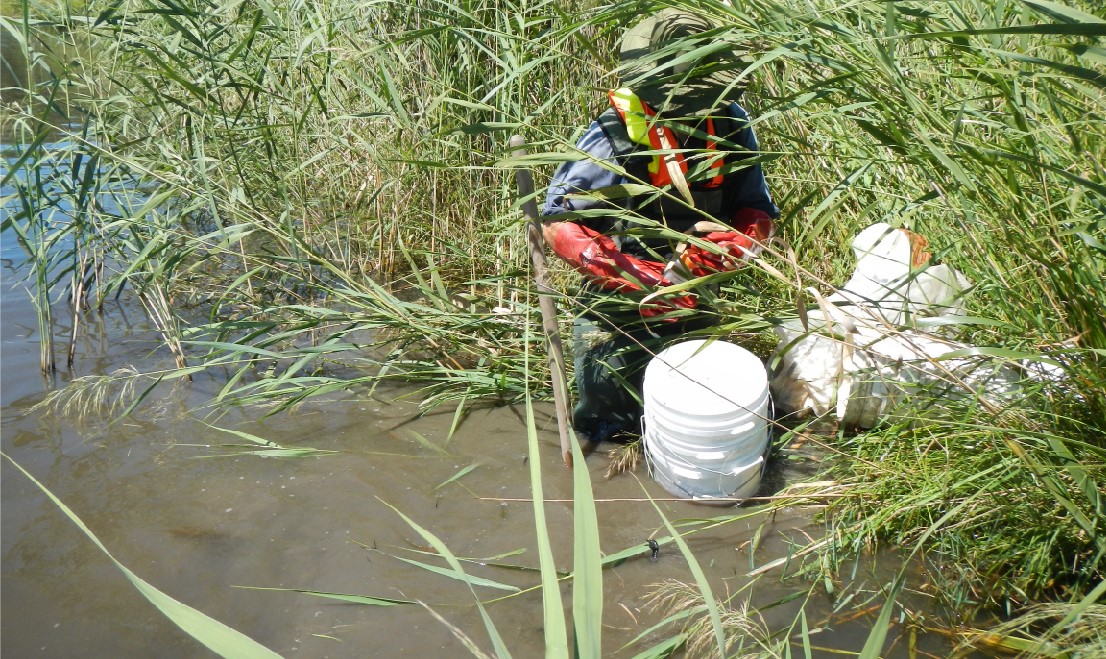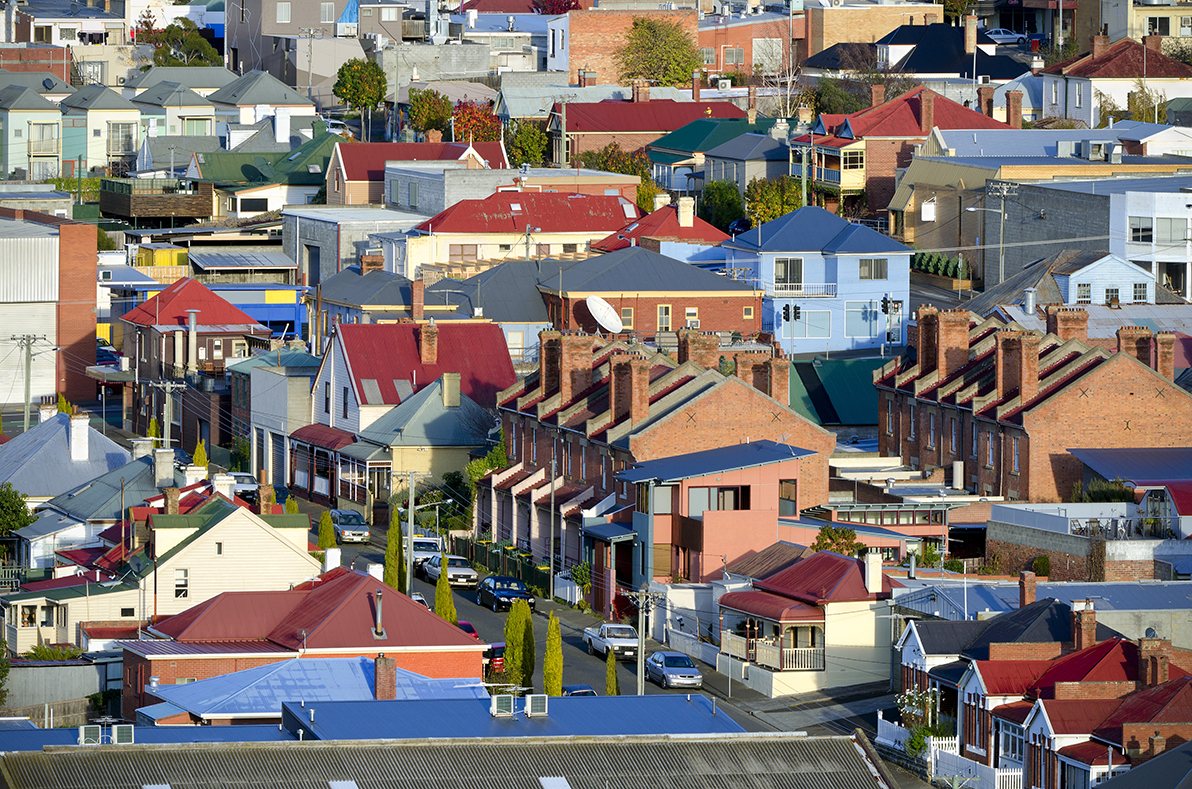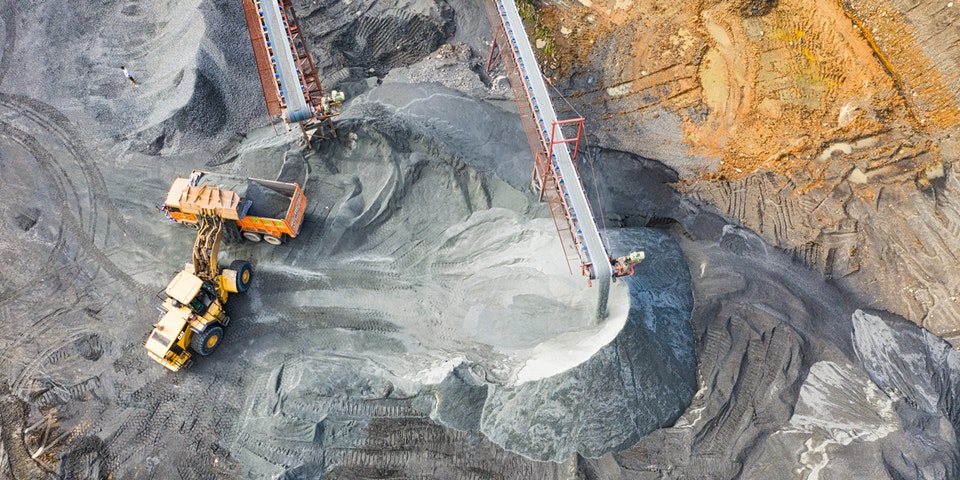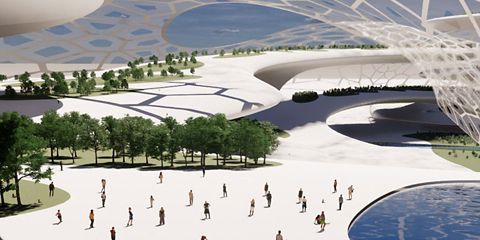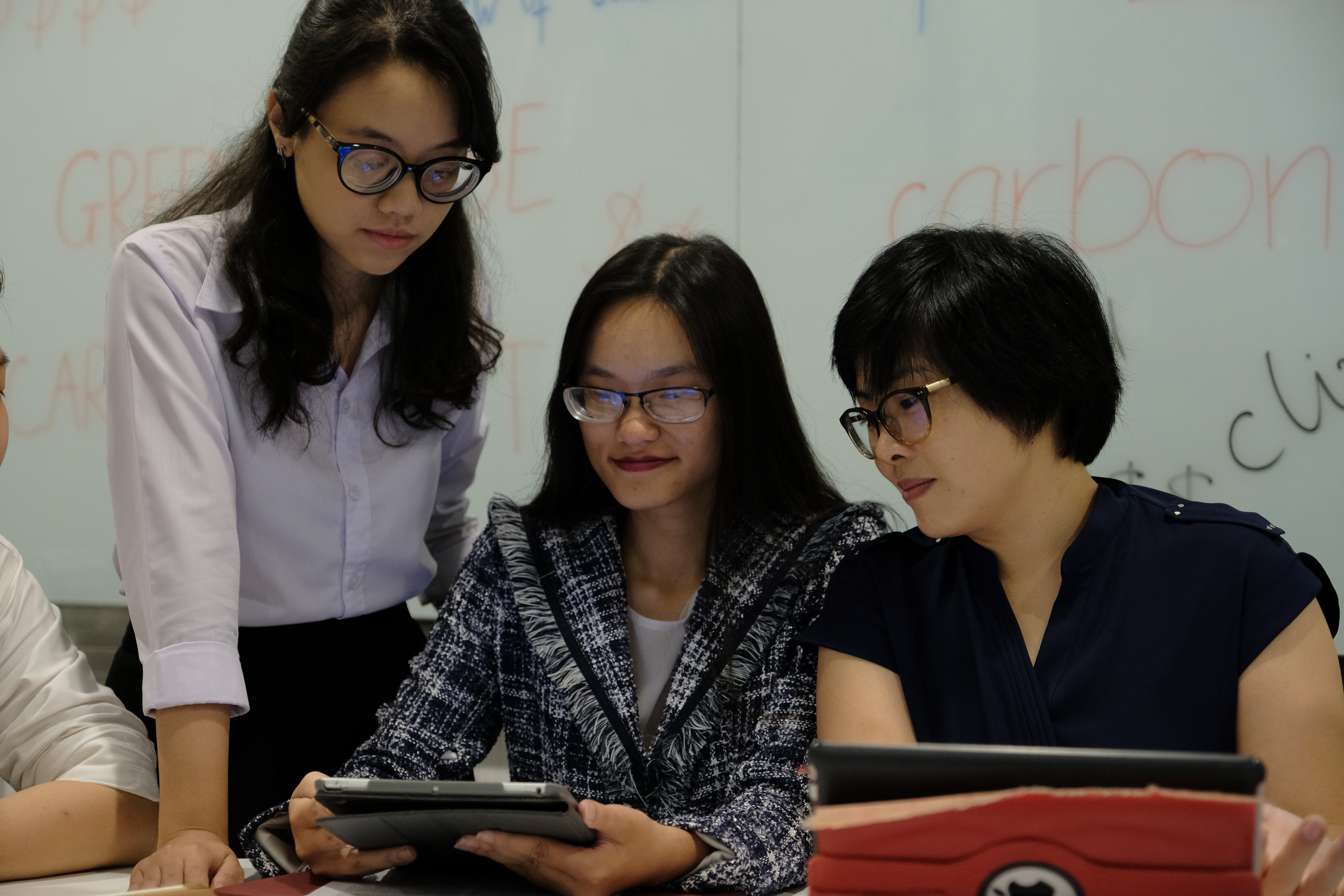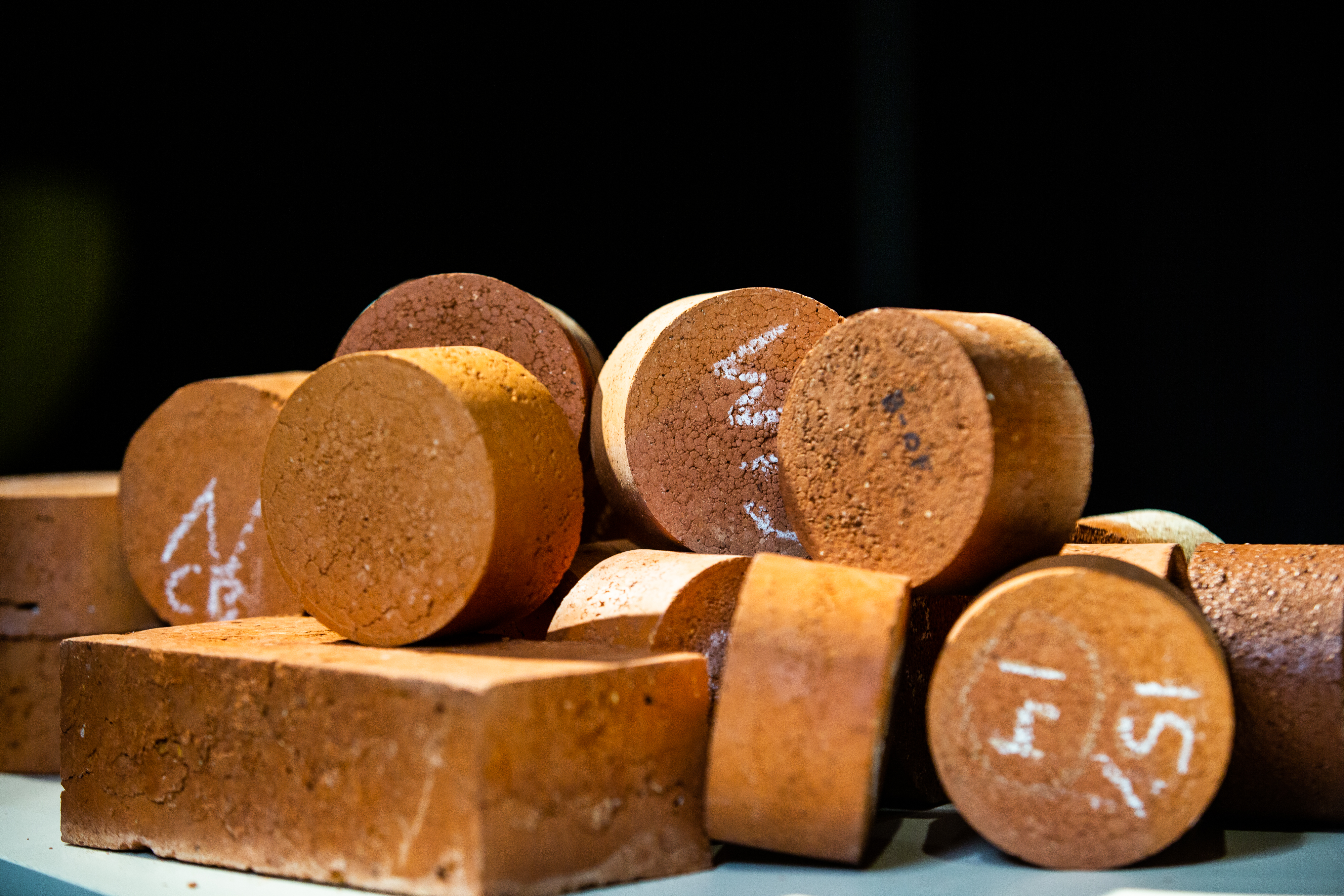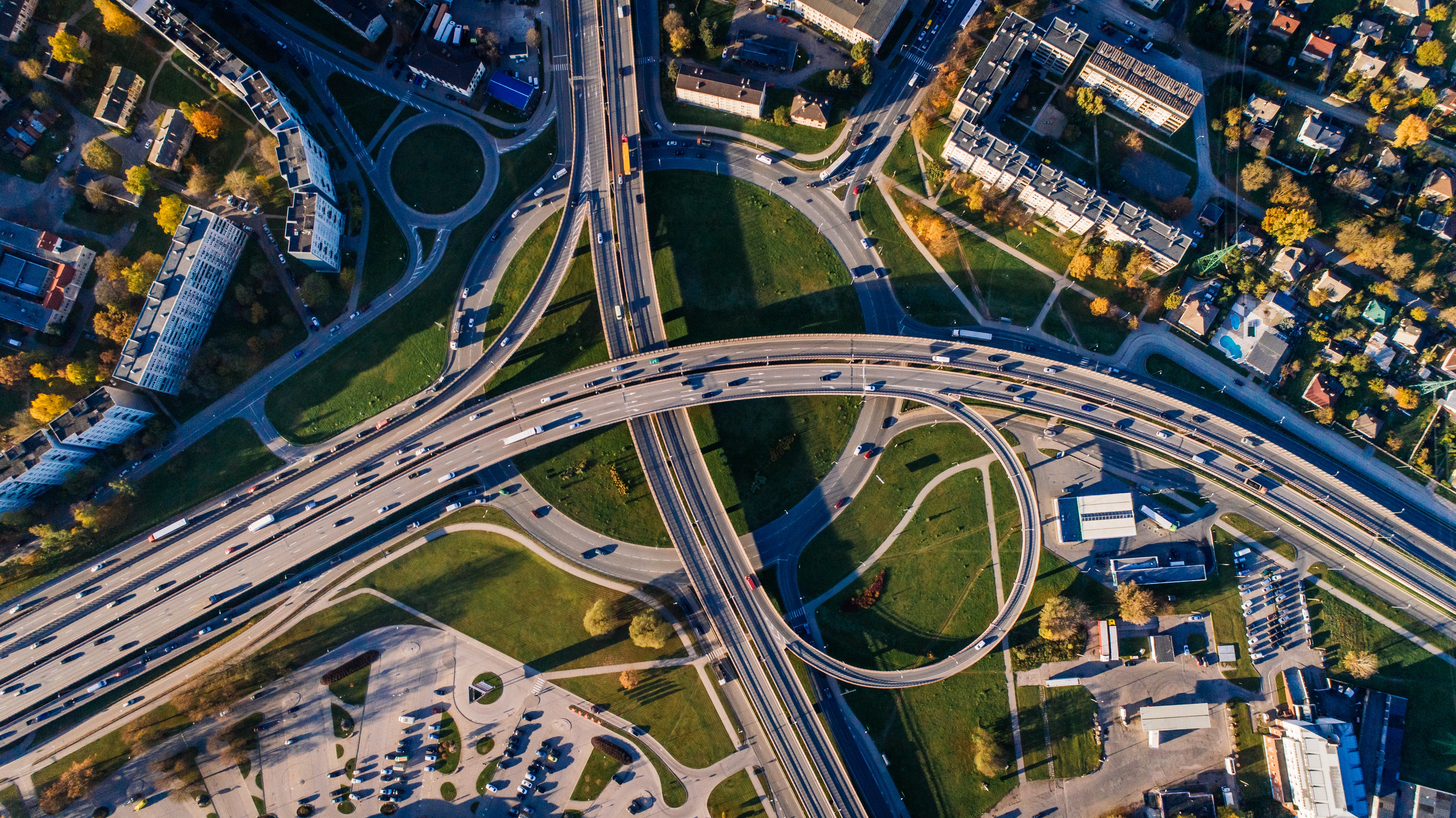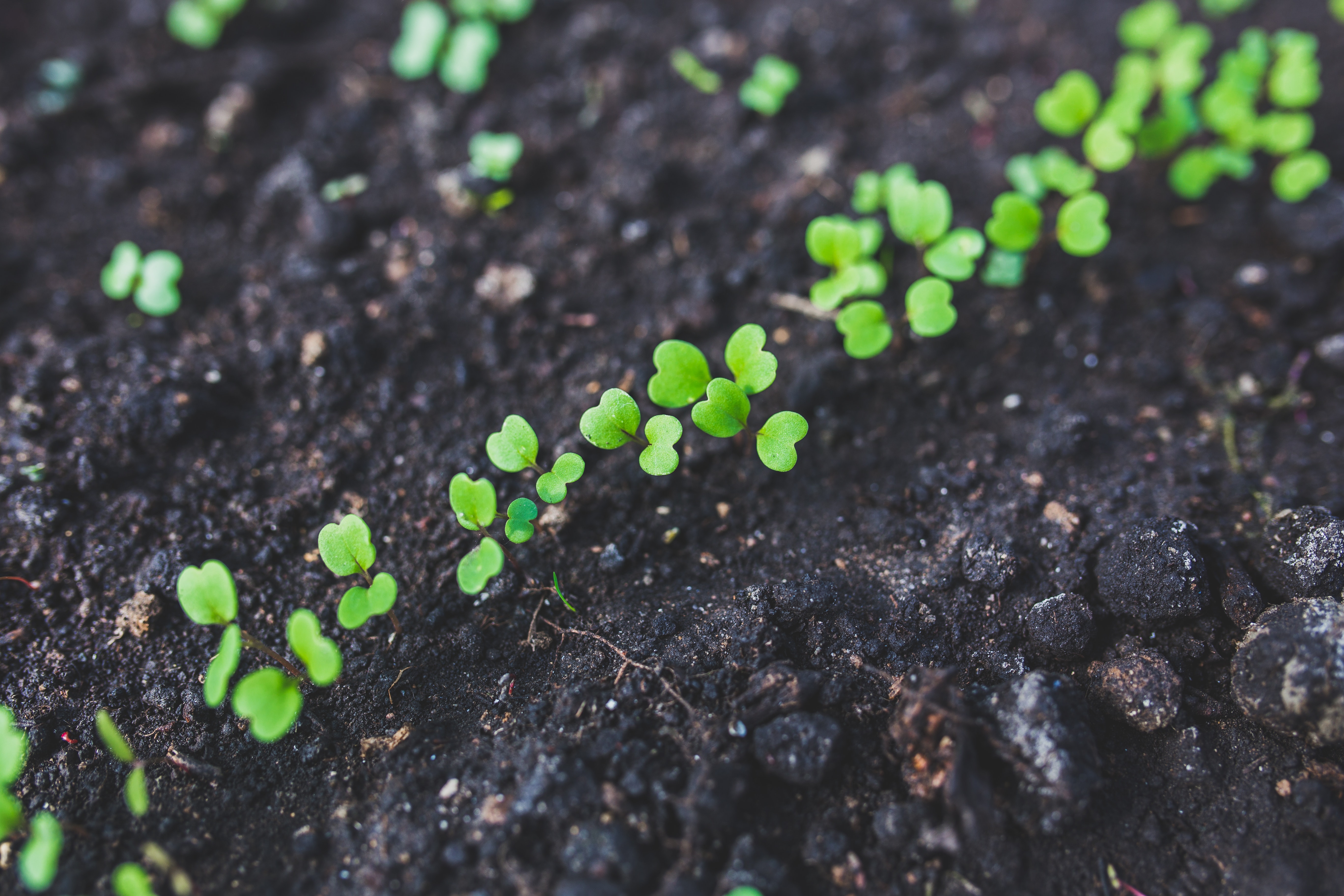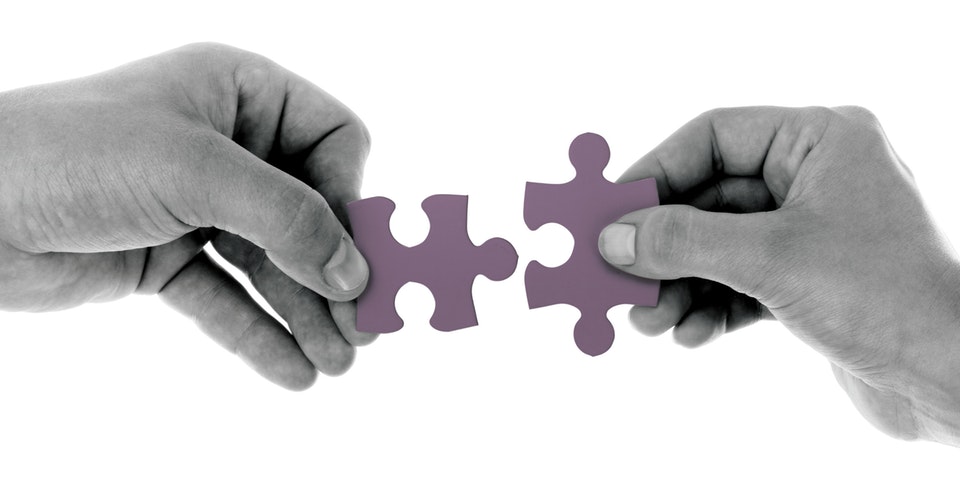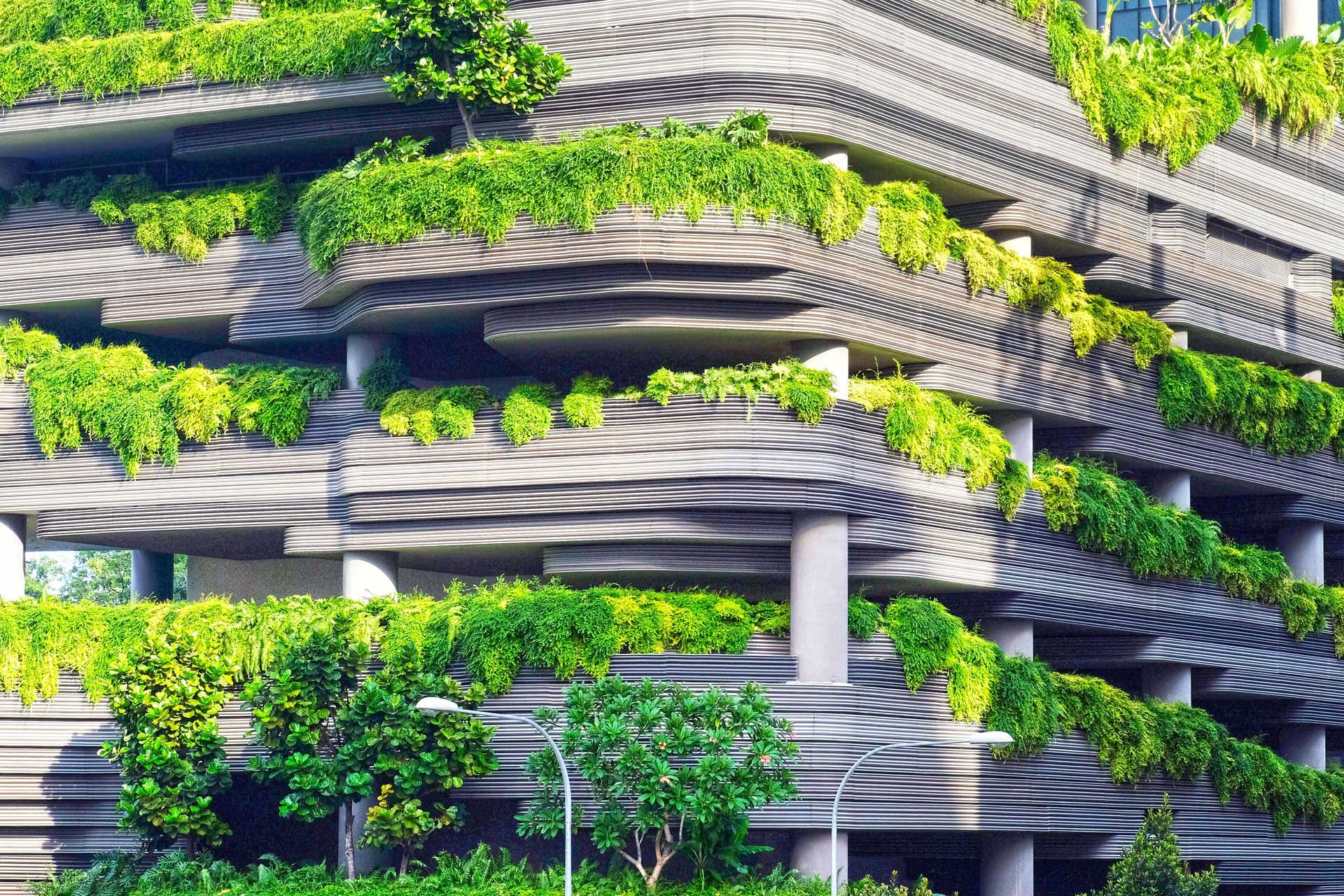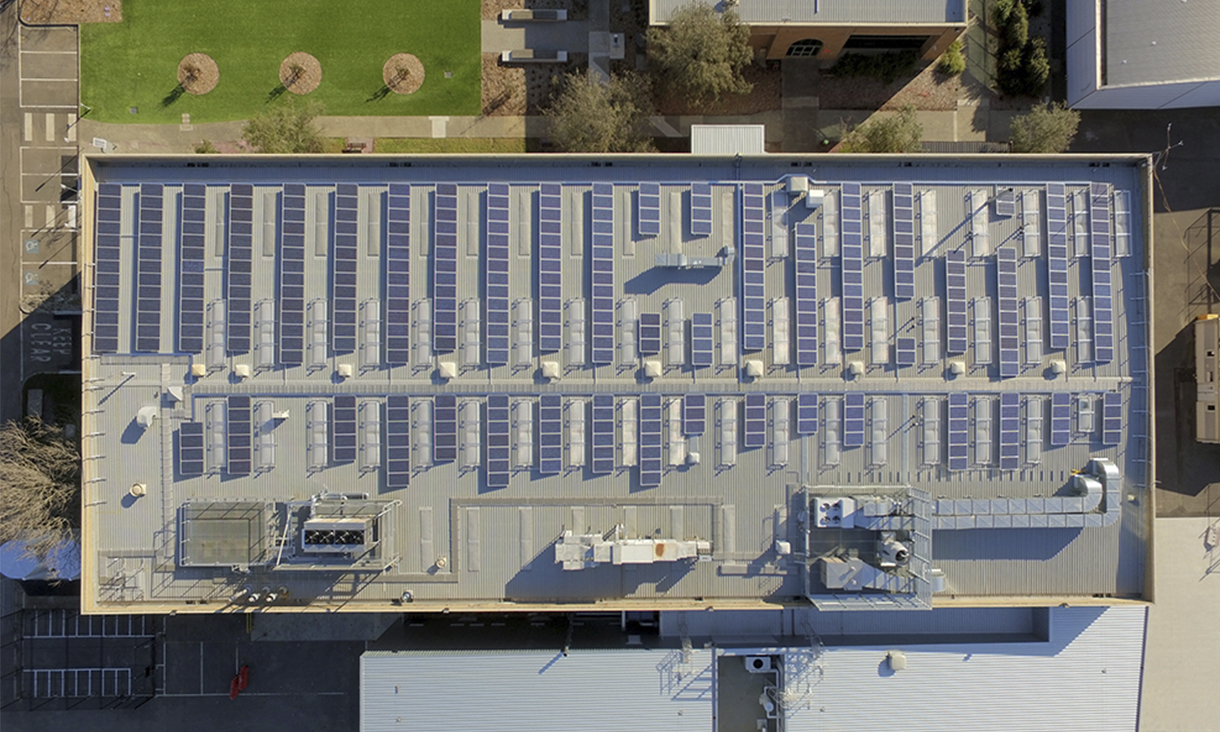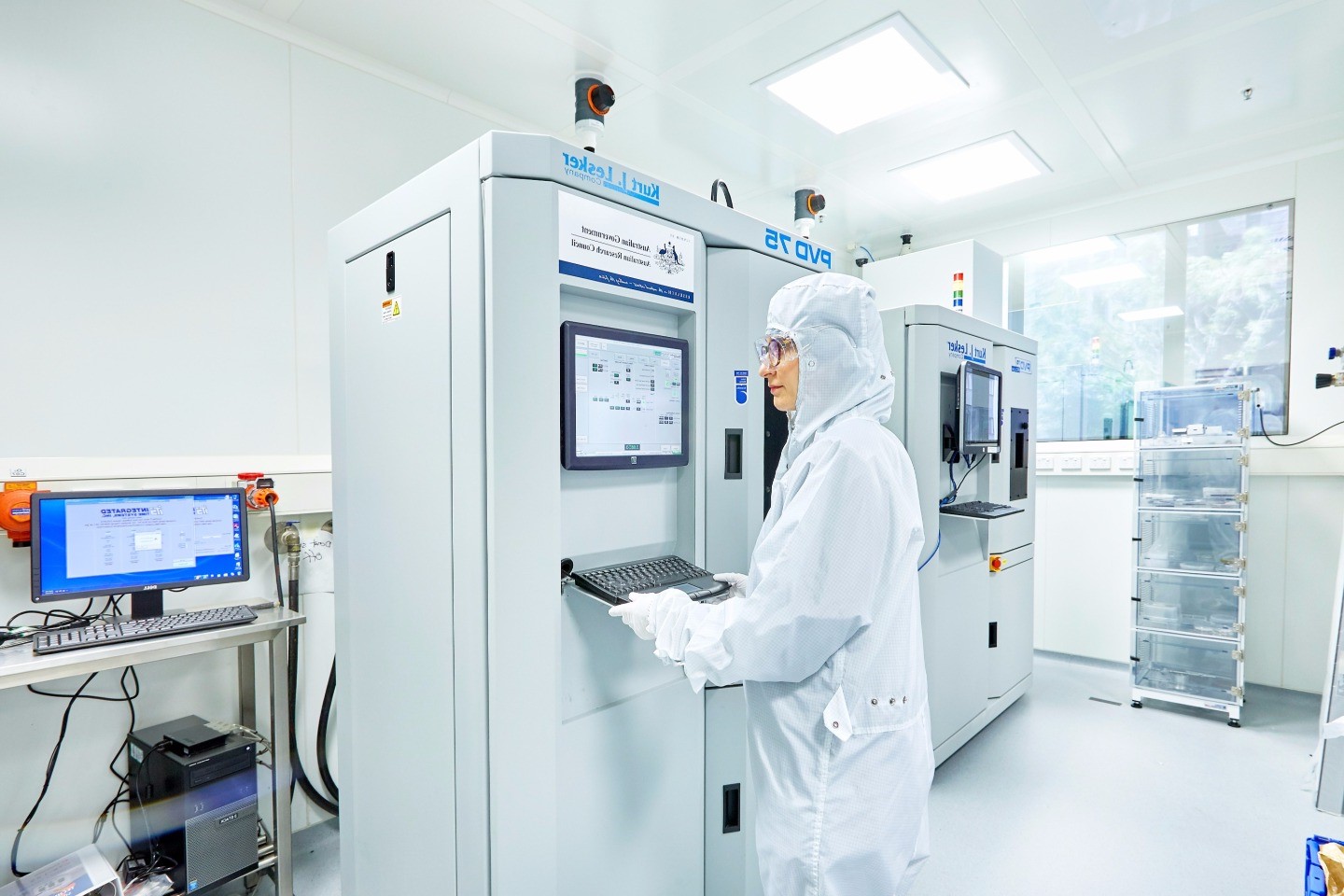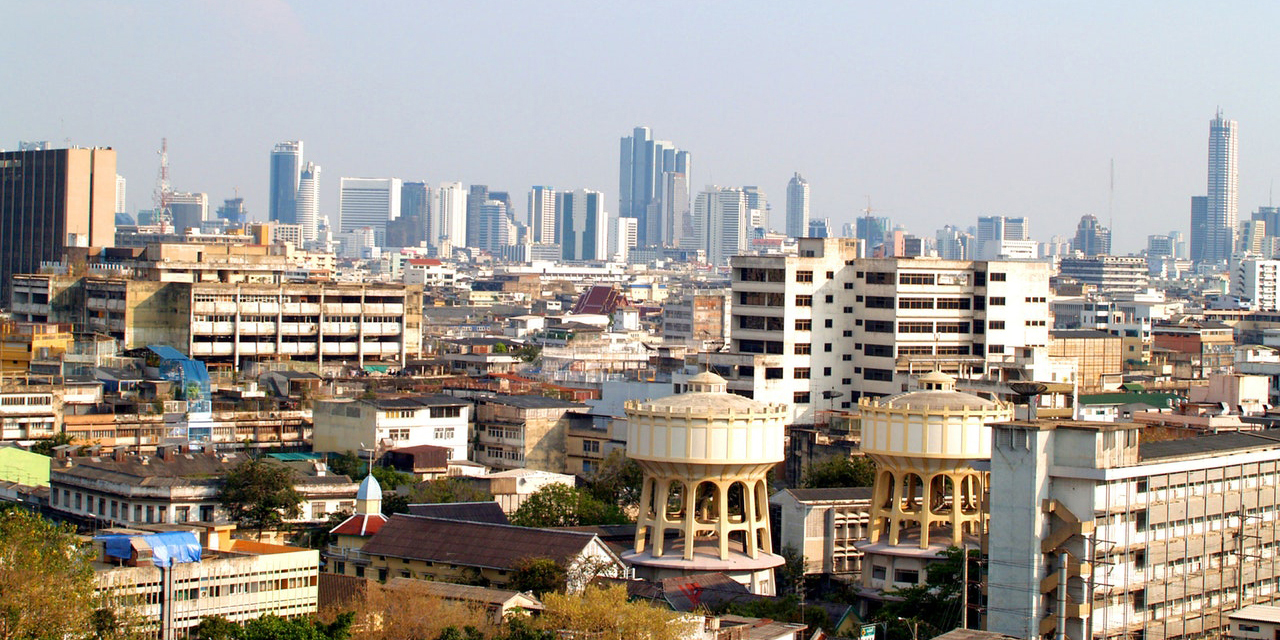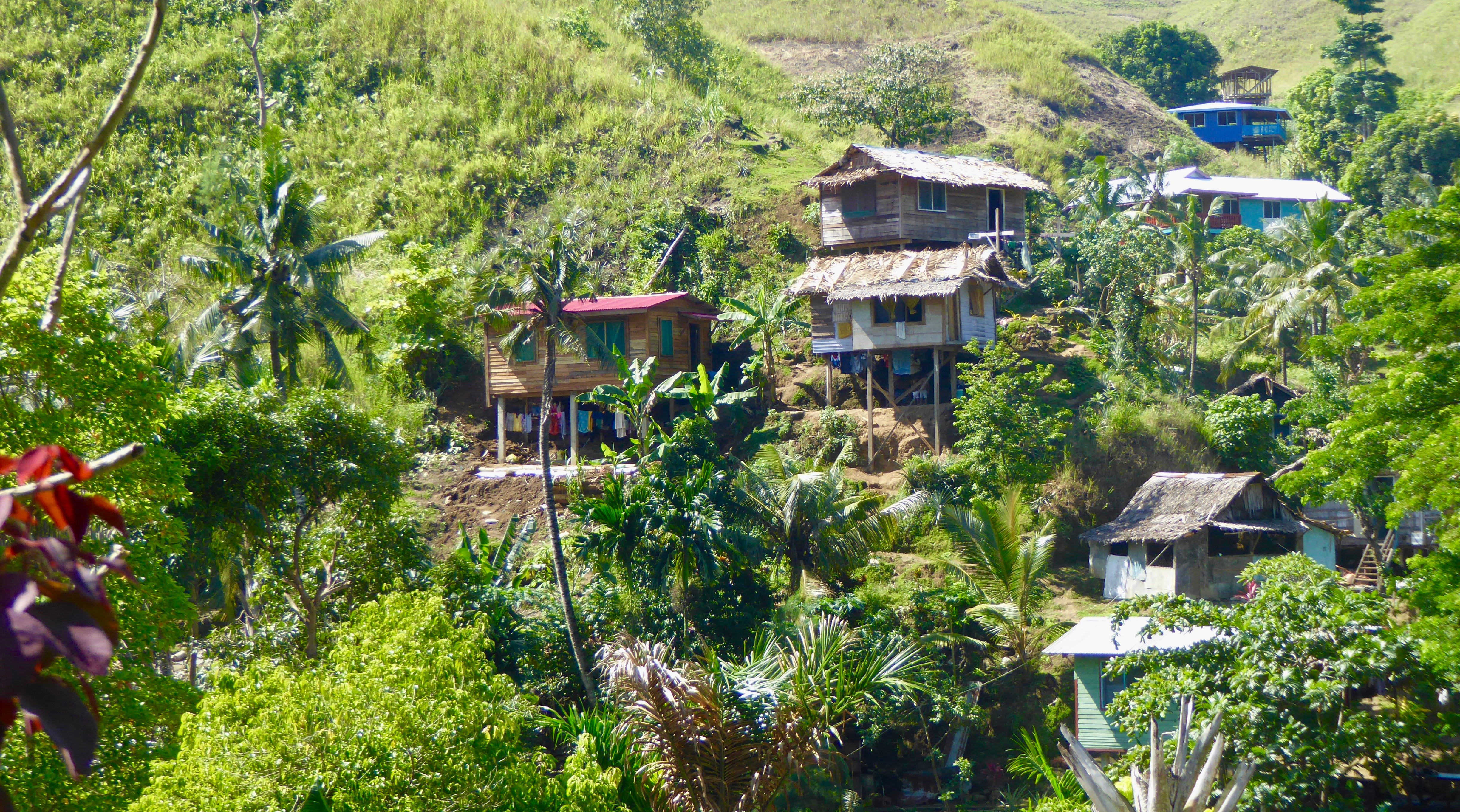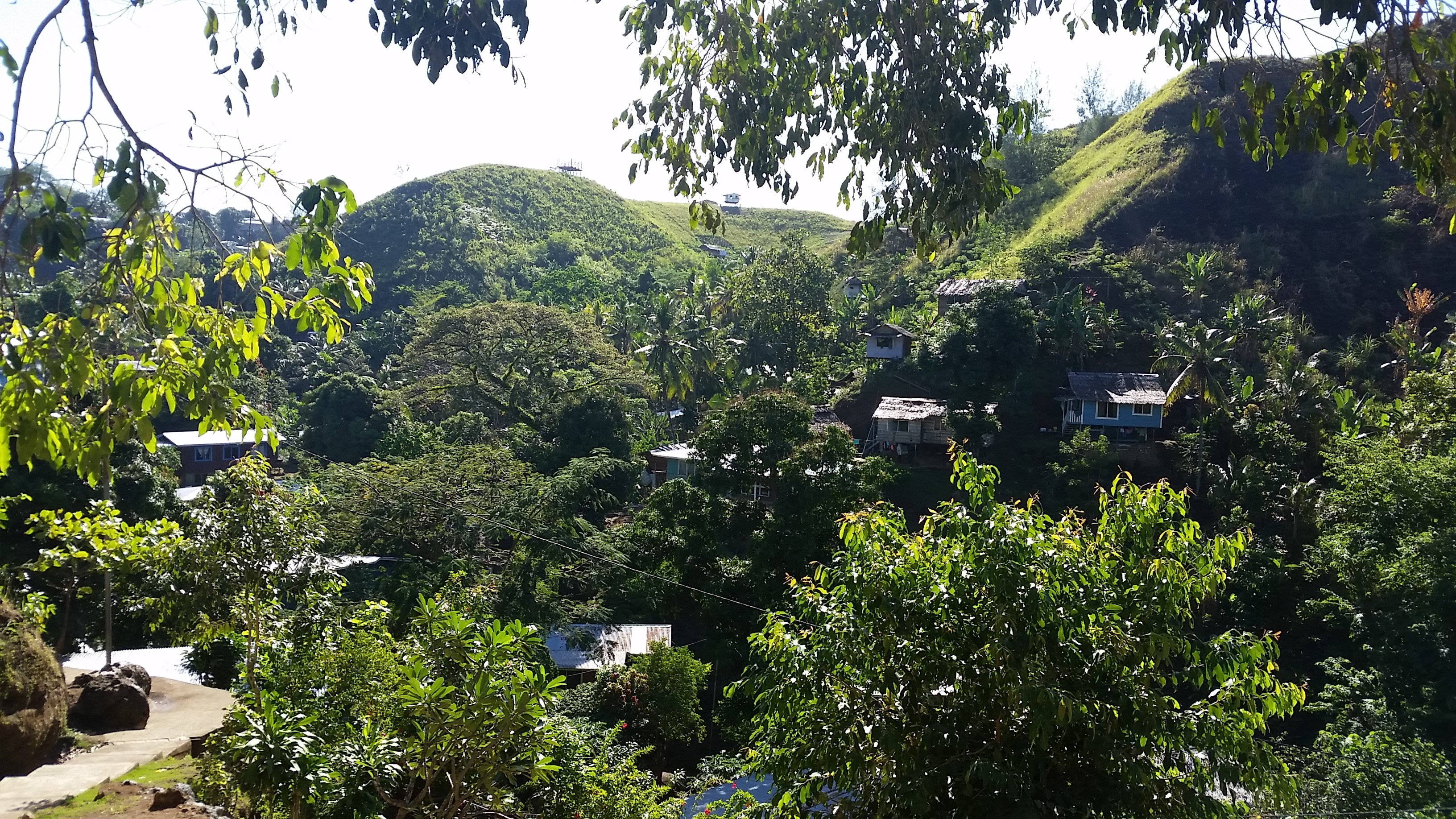Improved Urban Systems for Liveability
This project investigates how major cities function and the effects of their land-use, housing and infrastructure systems on the humans that live in them.
Aquatic Pollution Prevention Partnership
The aims of this research partnership between Melbourne Water and RMIT University is to help prevent aquatic pollution.
Centre of Excellence in future Low Energy Electronics Technologies (FLEET)
Decreasing energy use is a grand challenge facing society. The ARC Centre of Excellence in Future Low-Energy Electronics Technologies (FLEET) is a partnership with Monash University that addresses this challenge by realizing fundamentally new types of electronic conduction without resistance in solid-state systems at room temperature.
Creating Liveable Cities in Australia
Creating Liveable Cities in Australia is the first “baseline” measure of liveability in Australia’s state and territory capitals.
The Economic and Social Impacts of Mining in Madagascar
This research is concerned with the impacts of Large-Scale Mining (LSM) in Madagascar.
Sustainable water desalination using waste heat and renewable energy sources
The need for freshwater is considered a critical global problem, consequently the demand for alternative sustainable water sources including ground water, desalinated water, and recycled water has increased over recent years and, as a result, the implementation of desalination plants is growing on a large scale.
Supercity Nansha
The Supercity Nansha project aims to explore and highlight the important role architecture can play in the context of sustainability and liveable spaces.
Self-training program for nascent entrepreneurs
In recent years, Vietnam’s economy experienced rapid growth and integration into the global economy.
Recycling biosolids to make sustainable bricks
This project investigates and proposes a practical solution for the utilisations of the world's excess biosolids in fired-clay bricks.
City Partnerships Challenge
The City Partnerships Challenge is a United Nations Global Compact contribution to the Multi-Partner Implementation Facility for Sustainable Urban Development (IFSUD) to catalyse effective, coordinated and results based implementation of integrated sustainable urban development solutions.
Biosolids to Biochar: An Innovative Solution to Biosolids Management
This project aims to help address the pressing issue of biosolid management in contemporary waste water treatment by developing a disruptive pyrolysis technology that turns otherwise-polluting biosolid waste into multiple smart carbon materials of far-reaching social, environmental and economic benefits.
Greenhouse and Sustainability Program
The Greenhouse and Sustainability Program (GSP) connects multi-disciplined Honours and Masters students with industry partners in real-world problem solving.
Partnership of RMIT and Engineers Without Borders Australia
The partnership between RMIT School of Engineering and Engineers Without Borders Australia (EWB) provides opportunities for engineering students to learn about global perspectives in engineering through real projects and to participate directly in community-based programs and initiatives focused on sustainable development and poverty alleviation.
Applying agile ways of working in building adaptation projects
Globally, many industries are radically adapting, innovating and reshaping in response to technological, cultural, demographic and economic shifts.
The Sustainable Urban Precincts Program
The Sustainable Urban Precincts Program (SUPP) was a $128 million project to reduce energy and water use, significantly lowering greenhouse gas emissions associated with RMIT campus operations.
Sustainable water management system
RMIT has developed an alternative water desalination and irrigation system.
GoNano (Governing nanotechnologies through societal engagement)
Nanotechnologies – the purposeful engineering of matter close to the atomic or molecular scale – have given rise to great expectations in recent years, unlocking new research opportunities in areas as diverse as energy, healthcare, electronics, food, and construction.
Measuring, monitoring, and translating urban liveability in Bangkok
RMIT urban health scholars are partnering with the Bangkok Metropolitan Administration to develop and test a suite of open source 'urban liveability' indicators aligned to the UN Sustainable Development Goals (SDGs).
Comprehensive community profiles for informal settlements
RMIT University is generating comprehensive community profiles though site visits, household and settlement surveys; complemented by different geospatial datasets e.g. LiDAR and drone imagery.
Land Tenure and Climate Vulnerability
This research project examines the inter-relationships between land tenure and climate vulnerability.

